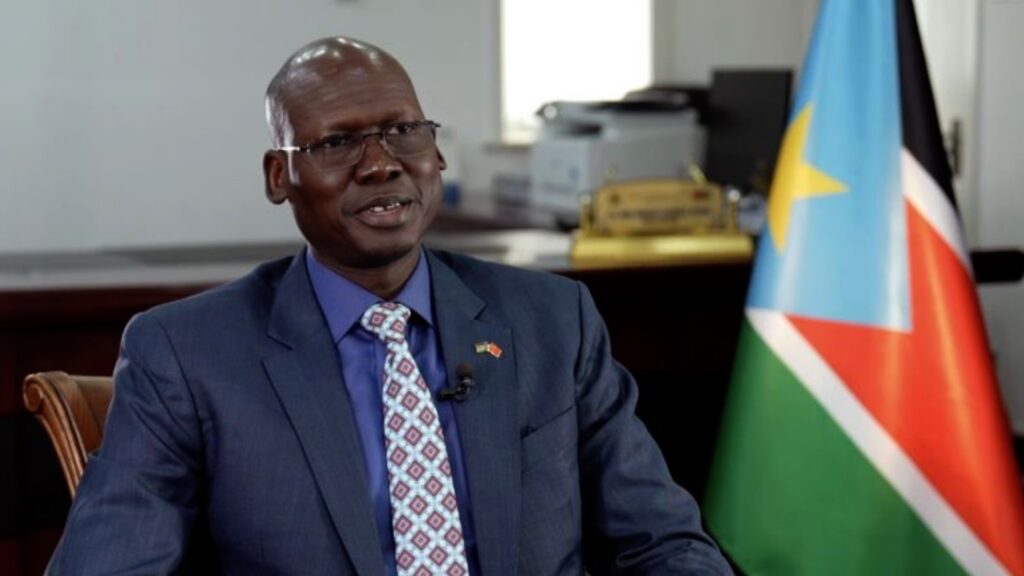The Sudan People’s Liberation Movement (SPLM) Party, whose chairman is President Salva Kiir, has unveiled plans to manage South Sudan’s economy better.
The directives issued during an SPLM leadership meeting on Thursday in Juba, aim to prioritize timely salary payments, enforce lawful revenue collection, and eliminate illegal tax exemptions.
The measures are critical as South Sudan grapples with deep-rooted economic challenges, including overreliance on oil revenue, widespread corruption, and delays in paying government workers.
These issues have sparked public unrest and undermined trust in government institutions.
President Kiir directed that civil servants’ salaries must be paid without delay, emphasizing the need for transparency and accountability in handling public funds.
“The salaries of South Sudanese people must immediately be found and paid to them,” reiterated SPLM Secretary-General Peter Lam Both during the meeting.
The SPLM has also vowed to reform revenue collection processes, particularly for non-oil revenues. Lam highlighted that these revenues must be collected strictly under the law to prevent misuse.
“No one is above the law,” he said, adding that illegal tax exemptions and subsidies benefiting certain individuals and companies must be stopped immediately.
The meeting also tackled the management of oil revenues, which form the backbone of South Sudan’s economy. President Kiir directed that revenues from Blocks 3 and 7 in the Upper Nile region be used exclusively to pay public employees and support essential government operations. This move is expected to address delays in salary payments and provide stability to the civil service.
Additionally, Kiir ordered close supervision of funds allocated for infrastructure projects, a sector often plagued by mismanagement. South Sudan’s inadequate infrastructure, including poor road networks and limited healthcare facilities, has been a major obstacle to development.
Lam assured the public of the SPLM’s commitment to implementing these directives and restoring economic stability. “The people of South Sudan, we want to assure you that the SPLM has taken this issue very seriously despite the challenges the country is going through,” he said.
Lam also stressed the importance of accountability, noting that all directives must be implemented immediately. The SPLM leadership plans to reconvene next week to evaluate progress on the reforms.
South Sudan’s economy has faced years of instability due to various factors, including civil conflict, corruption, and poor governance.
The country’s heavy reliance on oil revenues, which account for more than 90 percent of government income, has made it vulnerable to fluctuations in global oil prices.




